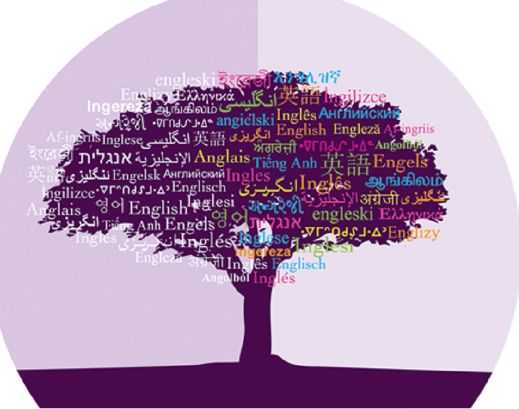Your first situation: Julianna is visually impaired. It is important to note here that being visually impaired does not always mean that your student is blind. It can be a decreased ability to see that interferes with a student's ability to learn.

Your second scenario: Mitchell has ADHD and struggles with reading large amounts of a text. So in this case, you might think, hey we should break down the reading into small and manageable units. DING, DING, DING! This is considered a scaffolding technique. If you can provide Mitchell small units to read and build up to reading more each time, he has the opportunity to be successful when it comes to reading!
Your third scenario: Chul Soo is an English Language Learner (ELL).

Your fourth scenario: Micah is dyslexic. Now, this one was tough for me. Was it for you? The text states that you can provide cues such as pictures, word pattern, word clusters, and graphic organizers to help Micah extract the main idea of the text. However, these should not replace the text entirely. In fact, eliminating the need for Micah to read actually is a disservice. It can make Micah fall much more behind.
Your fifth scenario: Anna has limited decoding skills. Now, recall that decoding skills relate to the student's ability to derive definition from the text they are reading. Should you find material that is easy for Anna to derive meaning from? Again, this is not a scaffolding technique. Excusing Anna completely from the text entirely is a disservice and won't help her increase her decoding skills. The text suggest that using a controlled text (a simplified version of the text) alongside the authentic text can be used as a scaffolding technique to assist Anna.
Your final scenario: Gregory just never does any homework, is disengaged in class, and is failing multiple subjects in the ninth grade. Did that sound familiar? I'm sure there's at least one student in your class who may struggle with this exact scenario. So what to do? Do we wait for Gregory to realize that he has to do some work in class in order to pass? It can be easy to assume that the student is just lazy and will have to learn a lesson sooner or later. However, in this case, scaffolding can occur by ensuring you make a connection between the reading and the students interests. As educators, it's important to find ways to try to engage students. We have to keep a positive mindset that Gregory can succeed and provide encouragement. While this may not seem like a technique, it is definitely a strategy we can ensure we meet. In these cases, we want to be able to have taken every strategy into account to ensure Gregory can succeed.
Well that's all I have for you guys today. Join me next time for more, But I'm not a reading teacher!

No comments:
Post a Comment